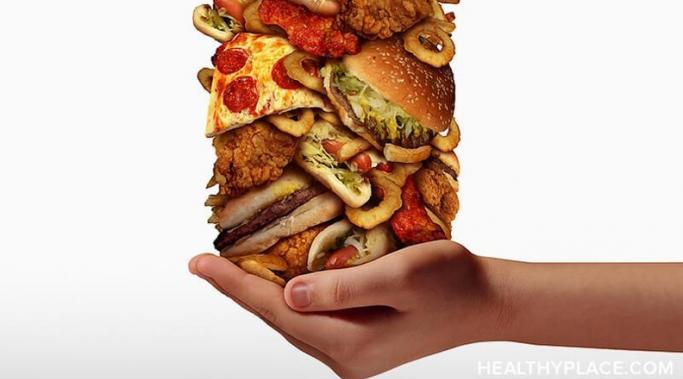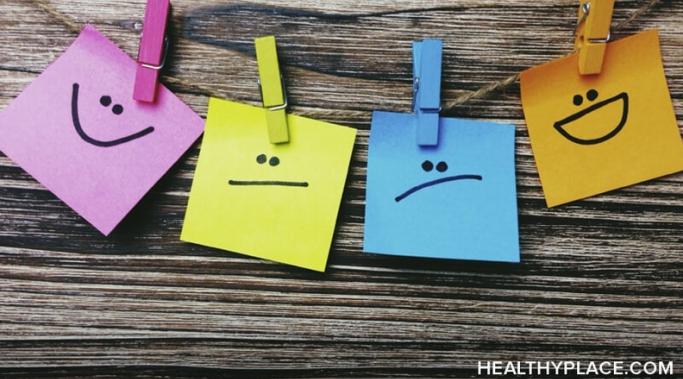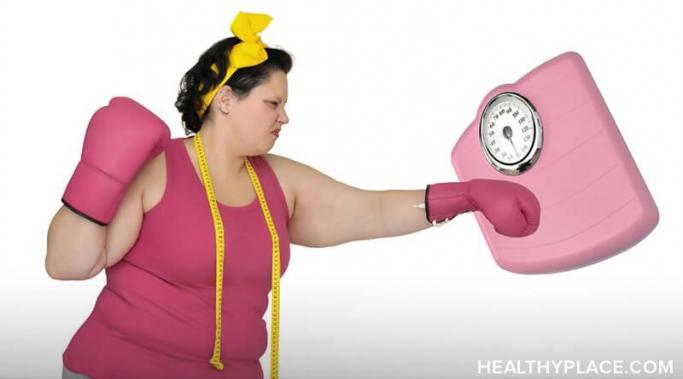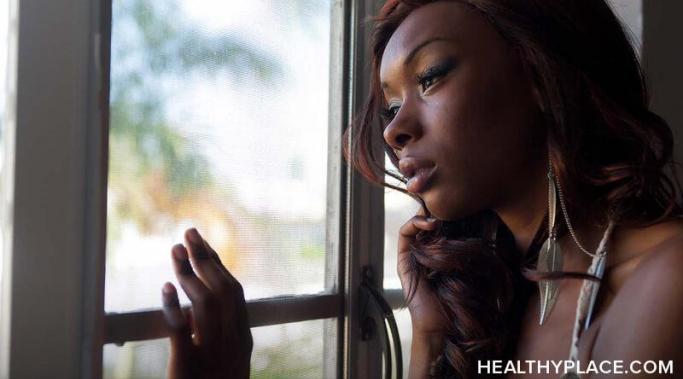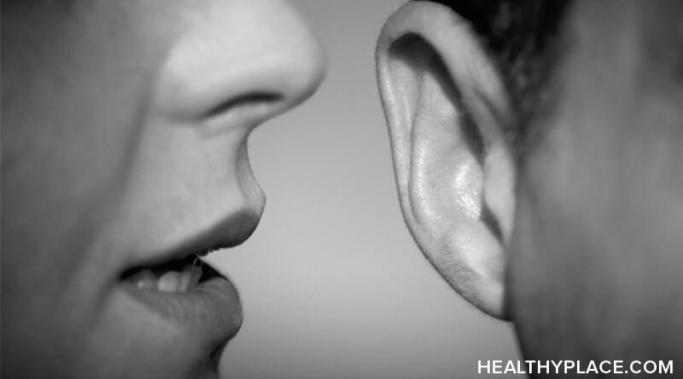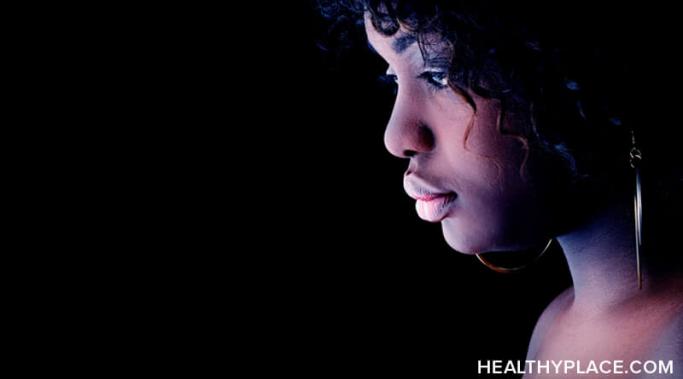Binge eating at night is a problem for just about everyone who has the luxury of steady access to food, whether they are in eating disorder recovery or not. However, for those of us in recovery, these nighttime binges can be detrimental to our progress.
Eating Disorders Recovery
Before offering my advice, most loved of those in eating disorder recovery want to know how they can help, but understandably, people aren't always sure where to go for it. In this video, I talk about the one thing that well-meaning, but misguided, loved ones would do that has undercut my confidence in recovery.
It's normal to feel afraid in eating disorder recovery. After all, it's scary to arrive at a crossroads between the familiar identity of an eating disorder and the unknown quantity of healing. You have a choice to either remain in the destructive, yet comfortable, patterns of your illness or to embark on a new path that is rife with challenges but leads to freedom on the other side. This decision is yours alone to make, but if you choose to brave that road to health and wholeness, the question then becomes: How do you face down fears in eating disorder recovery?
Dating someone with an eating disorder can be challenging. I know every single one of my past relationships was affected by my eating disorder, and while there are undeniably things I could have done differently, there are also things I wish I'd been able to articulate to my exes to make the relationship easier.a
When I first stumbled upon actress and activist Jameela Jamil's "I Weigh" social media account two years ago, I breathed an audible sigh of relief. Here was a celebrity using her enormous platform to raise awareness to the overlooked truth that humans are worth more than the size and shape of their bodies.
As the eyes and ears of American society are fixed on dismantling more than 400 years of racial injustice at this pivotal moment in time, the intersection of racial trauma and eating disorders must be part of this broader conversation.
Are you all too familiar with the inner eating disorder voice's monologue which tries to convince you that self-worth can only be achieved with a perfect body? This critical, insidious whisper does not come from you—it's the influence of an eating disorder that aims to control your decisions and undermine your wholeness. But a foundational part of recovery is learning how to both identify and confront the eating disorder voice in your head.
As a college freshman, I was hospitalized for anorexia. It's been almost a decade since then, but no one told me about the pain—and payoffs—of residential eating disorder treatment. I had just embarked on a harrowing three-month process that would stretch, unravel, and change me.
Here is a truth about me that I once believed to be impossible: My eating disorder is not at the forefront of my mind right now—and I love the way it feels. All my mental energy used to be allocated to tracking how many calories I ate, miles I ran, or pounds I weighed. I fixated on these so incessantly, in fact, that I had no stamina and concentration to focus on anything else.
As the United States is ablaze in chaos that has erupted from systemic racial violence, I find myself worried for the mental health of Black men and women because—false stereotypes aside—Black people suffer from eating disorders too.
